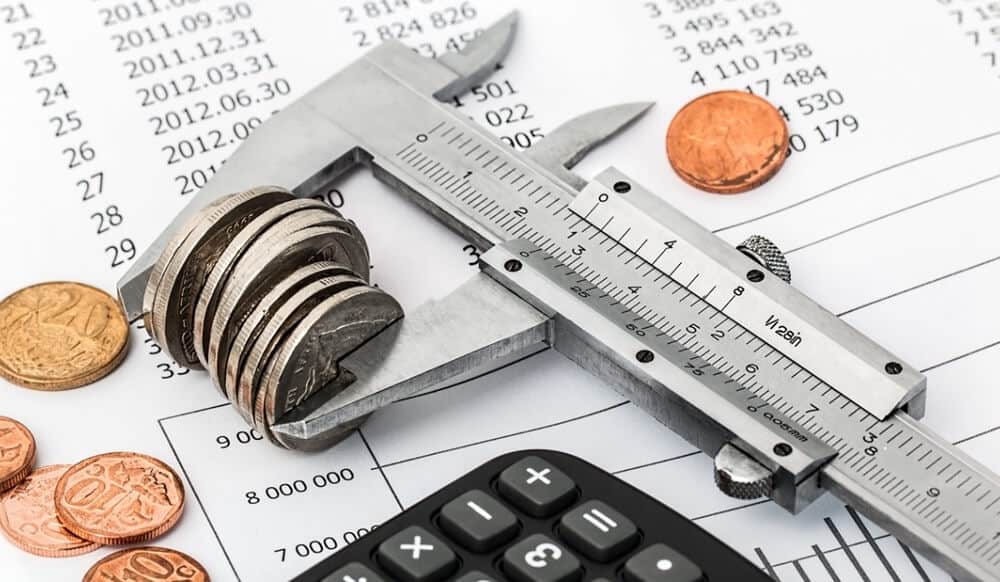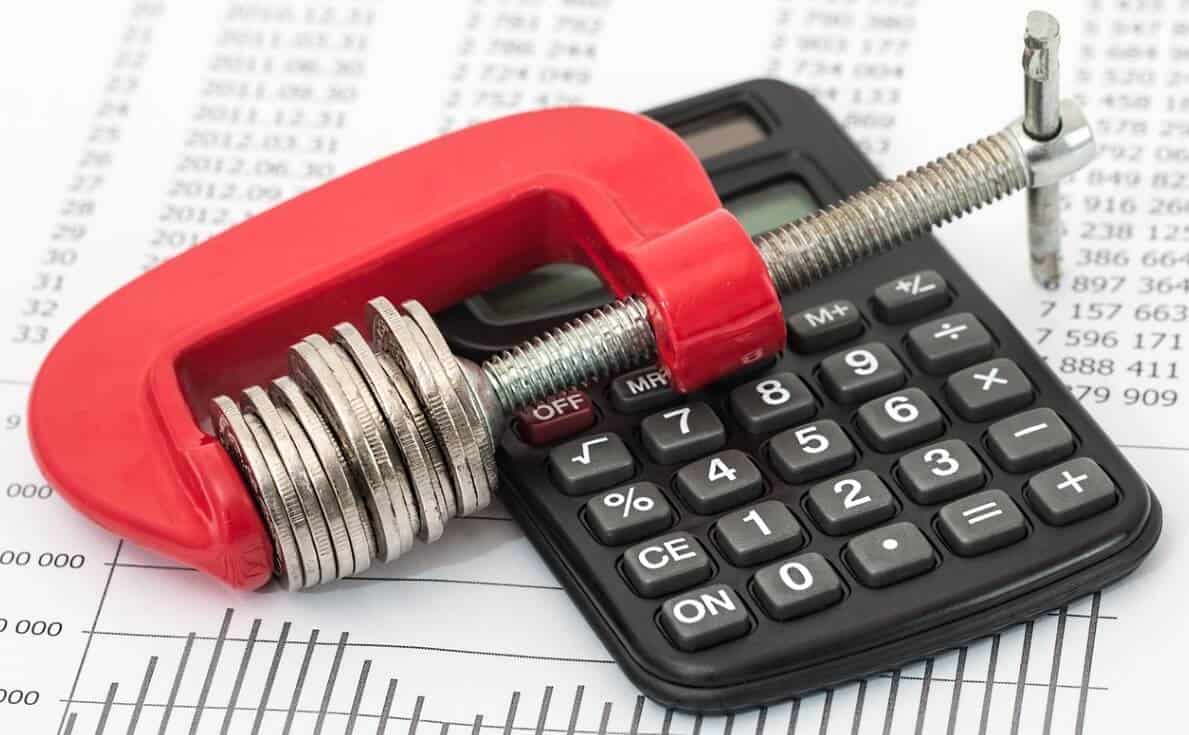Without proper management, debt can quite literally bury you alive. The best way to consolidate debt without hurting credit is also the best way to get out of debt.
But here’s the thing: you can’t, or, should I say, shouldn’t, simply pay off all your debts and refrain from borrowing ever again. That’s just not good.
To have a healthy credit score, lenders need to know that you can borrow from them and pay them back in a timely fashion. To do that, they check your credit history.
The word history is a little misleading because what they really want to see is how you have been servicing your loans, both past and current. If you only have the past and no current, lenders get a bit skittish.
What Is Debt Consolidation?
In simple terms, debt consolidation means gathering all your debts under one roof. This means taking all or most of your loans and then refinancing them into a single loan held by one lender, making it easier and often cheaper to pay off.
According to research, the total consumer debt balance in America rose to $17.06 trillion in 2023, up from $16.38 trillion back in 2022. If that trend remains the same, as it promises to, this number will rise again this year.
The fact that there’s money available for you to borrow isn’t the problem. The problem is how expensive that new loan is to you (which depends on your credit score) and how much of your lifestyle it affects.
The Smart Way to Consolidate Debt
If you want to make sure that both aspects are favorable, the best approach is to learn the best way to consolidate debt without hurting credit. Here are some tips that should help.
Get to Know Your Debts
“Today, there are three kinds of people: the haves, the have-nots, and the have-not-paid-for-what-they-haves.” – Earl Wilson
The first thing you need to do is make a list of all your current loans and debt payments. This includes your credit cards, student loans, business loans—you name it.
What you are looking for here is the total amount, the interest rates, and the minimum monthly payment.
Choose Your Consolidation Vehicle
There are many different debt consolidation vehicles you could use. However, I’ve found these three to be the most logical (at least for me).
Personal Loan
You could choose to take out a personal loan that covers all your outstanding debts (and leaves you with some “walking around” money).
This loan will come with interest, and depending on your current credit score, that interest rate might be more favorable than all the above interest rates combined.
Use this loan to pay off all your outstanding loans, which will leave you with just this one loan and one monthly payment to service.
Home Equity Loan
This is another interesting option. Home equity loans often have lower interest rates than most other loans on the market.
Not only will your house act as security for the loan, but you can even use this loan to get some tax benefits, provided you use some of that money to improve your home. Win-win!
Balance Transfer Credit Card
You could get yourself a balance transfer credit card if your outstanding loans aren’t that massive. Depending on the credit card balance transfer card you get, you can transfer up to 90% of your entire credit limit, but in many cases, it will be capped at 75%.
Be sure to do your research into what is available for you. This is where you want to pay close attention to the terms and conditions. I do want to add a bit of a warning here too. When it comes to using a balance transfer credit card, you definitely need to be careful.
If not, you can find yourself making mistakes with your balances that will just push you even more into debt. So, don’t go racking up more credit card debt, and use the card responsibly until you have met your goals.
Pro Tip: All these hard inquiries will leave a dent in your credit score. So be sure to apply for whichever option you choose within two weeks to minimize the damage.
Also See: How to Fix Your Bad Credit Score
Can Debt Consolidation Damage Your Credit Score?
Yes, temporarily. Any time you inquire about a loan, the lender will perform what is known as a hard inquiry to check your credit score and history. These hard inquiries do put a dent in your credit score (up to 10 points), but for only a year.
Once you’ve consolidated your debt, you are probably going to close a few credit accounts. This action also negatively affects your credit score since the average age of all your credit accounts makes up 15% of the score.
The higher the age of your credit accounts, the better your score. Any time you close an old account and open a new one, the average age decreases. The trick is to try to minimize how many of your old credit accounts you close.
What I do is keep most of my old credit cards open, even if I don’t intend to use them. Just leave them open so they remain active, and keep pushing up the average age of your credit accounts.
Alternatives to Debt Consolidation
Suppose you’ve done your research and looked into the debt consolidation loan options available to you only to determine that none are favorable (high-interest rates and whatnot). In that case, you still have some options that could help you manage it better or even get out of existing debt entirely.
Also See: The Honest Truth About Debt Consolidation
Budget
Start by creating a realistic budget that includes an aggressive debt repayment plan. This won’t be easy at first, but it’s necessary. One of the main reasons millions of Americans are in the same position as you is that we tend to spend more than we have or can afford to. A budget is a great place to start.
Debt Management Plan
Get professional help. Yes, I know. It sounds like you are just adding more bills by hiring a professional, but it’s well worth it. Getting a debt management plan will give you a realistic view of where you are and what you need to do to get from there to a debt-free place.
Another option would be to educate yourself as much as possible. My debt-free journey began when I took this Financial Reboot Course.
While it doesn’t highlight the best way to consolidate debt without hurting credit, it does point out excellent financial habits that will not only get you out of debt but keep you out while helping you grow your family wealth.

